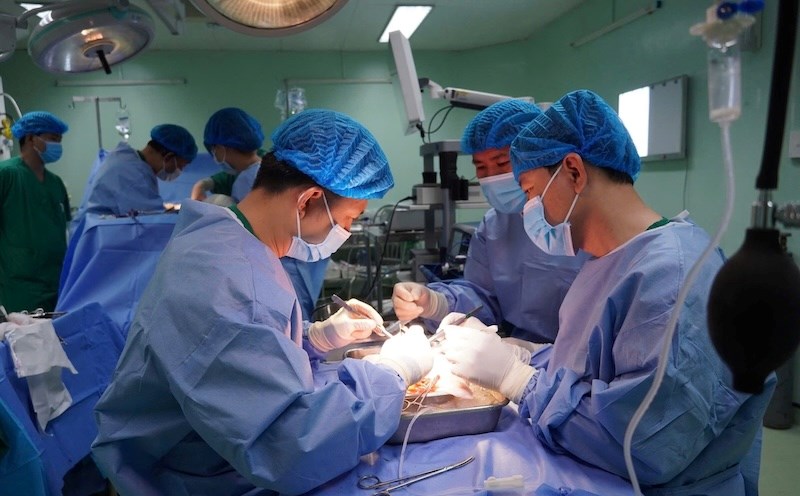According to Associate Professor, Dr. Huynh Thi Vu Quynh - Head of the Department of Nephrology and Endocrinology, Children's Hospital 2, on average, the department receives about 150 cases of chronic kidney disease per month, including old chronic kidney disease being monitored at the department and newly diagnosed diseases. The number of new cases each year is not much but still increases over time.
Chronic kidney disease in children is a disease related to the gradual decline of kidney function. The disease is most common in children under 5 years old and from 6 to 10 years old, but can also occur at any age of children.
Children can get sick for many different reasons, including genetic problems, congenital kidney abnormalities, inflammation, systemic diseases or unsafe drug use.
Some cases of children detecting the disease early accidentally during ultrasound or going to the hospital for examination for another disease. Many children are hospitalized when their disease has reached the final stage, requiring emergency treatment and dialysis.
Doctor Quynh noted that parents should take their children to a medical facility for examination immediately if they notice symptoms such as edema, small urine, red urine, urine, pain, urinary incontinence, diarrhea; family history of chronic kidney disease...
Some unspecific symptoms can also be warning signs of kidney disease in children such as pale skin or dark skin, slow growth, poor appetite.











